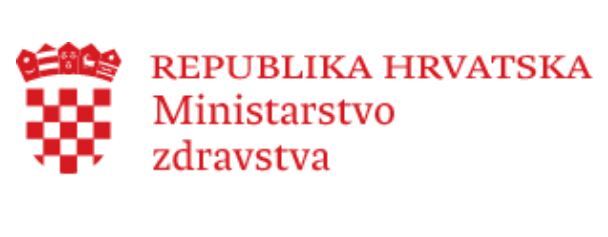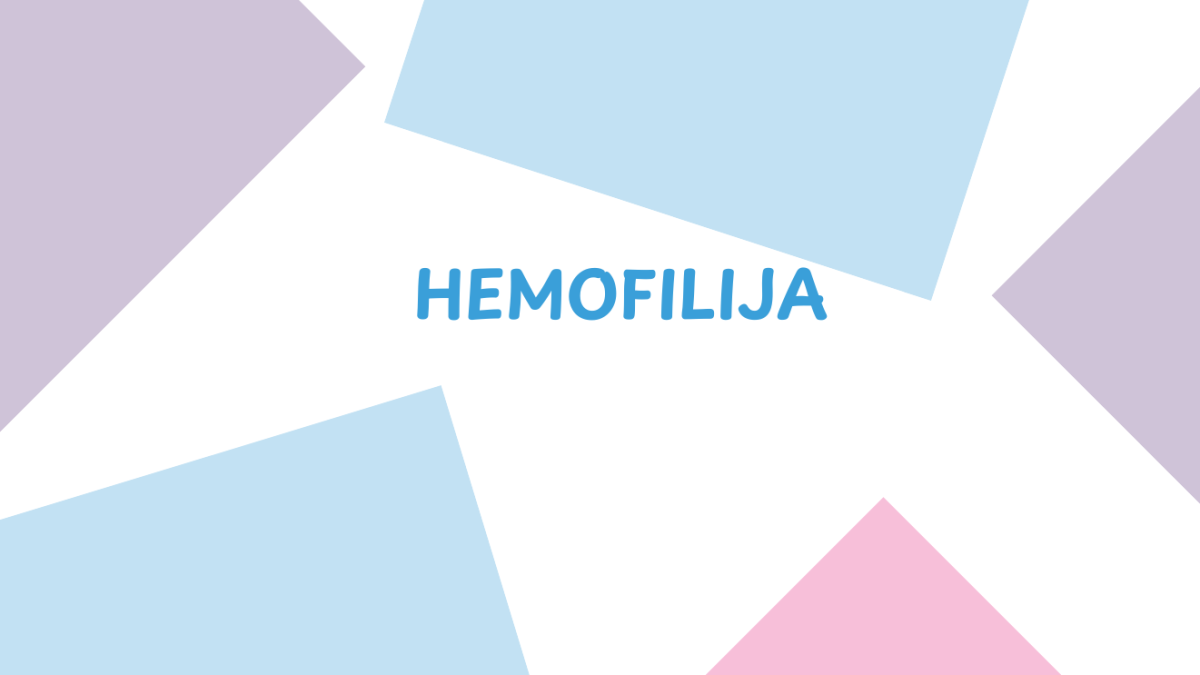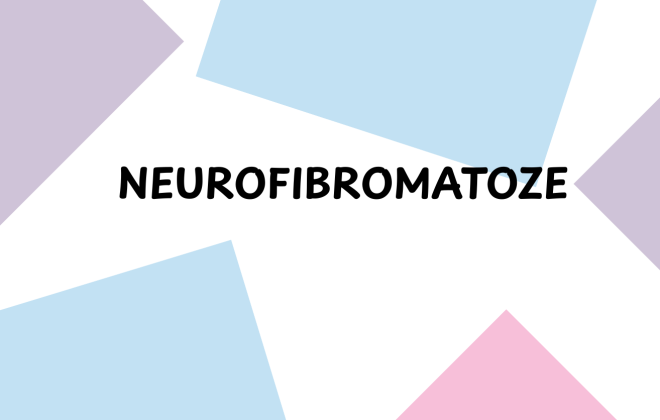World Hemophilia Day

World Hemophilia Day is observed on April 17 in honor of the birthday of Frank Schnabel, a person with hemophilia and the founder of the World Federation of Hemophilia.
Hemophilia is a disorder characterized by a reduced ability of the blood to clot. It is most commonly inherited, with the gene typically passed from mother to child. In about one-third of cases, hemophilia occurs due to a spontaneous mutation in the genes responsible for the synthesis of clotting factors.
This condition primarily affects males, while females are usually carriers of the defective gene located on the X chromosome (X-linked inheritance). If the mother is a carrier, there is a 50% chance her son will inherit hemophilia.
There are several types of hemophilia, with the most common being Hemophilia A, caused by a deficiency of clotting factor VIII, and Hemophilia B, which results from a lack of clotting factor IX.
Both types share similar clinical manifestations and inheritance patterns. Hemophilia is estimated to occur in 1 out of every 10,000 births, with Hemophilia A accounting for 80–85% of all diagnosed cases.
The Croatian Hemophilia Society (Društvo hemofiličara Hrvatske – DHH) is a non-governmental, voluntary organization founded in 1992 in Zagreb. With over 400 members, it operates across Croatia, bringing together individuals with hemophilia and other inherited bleeding disorders, as well as their families, friends, and all those committed to improving the quality of life for people with hemophilia.

Croatian Hemophilia Society
Adresa: Kišpatićeva 12, (Centar za hemofiliju), 10000 Zagreb, Croatia
E-mail: info@dhh.hr
Web page: https://www.dhh.hr/
President: Assoc. Prof. PhD. Marko Marinić
E-mail: predsjednik@dhh.hr

This content was created with the financial support of the Ministry of Health. The content of this document is the sole responsibility of the Croatian Alliance for Rare Diseases and under no circumstances can it be considered as reflecting the views of the Ministry of Health.


